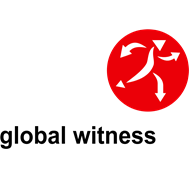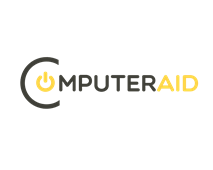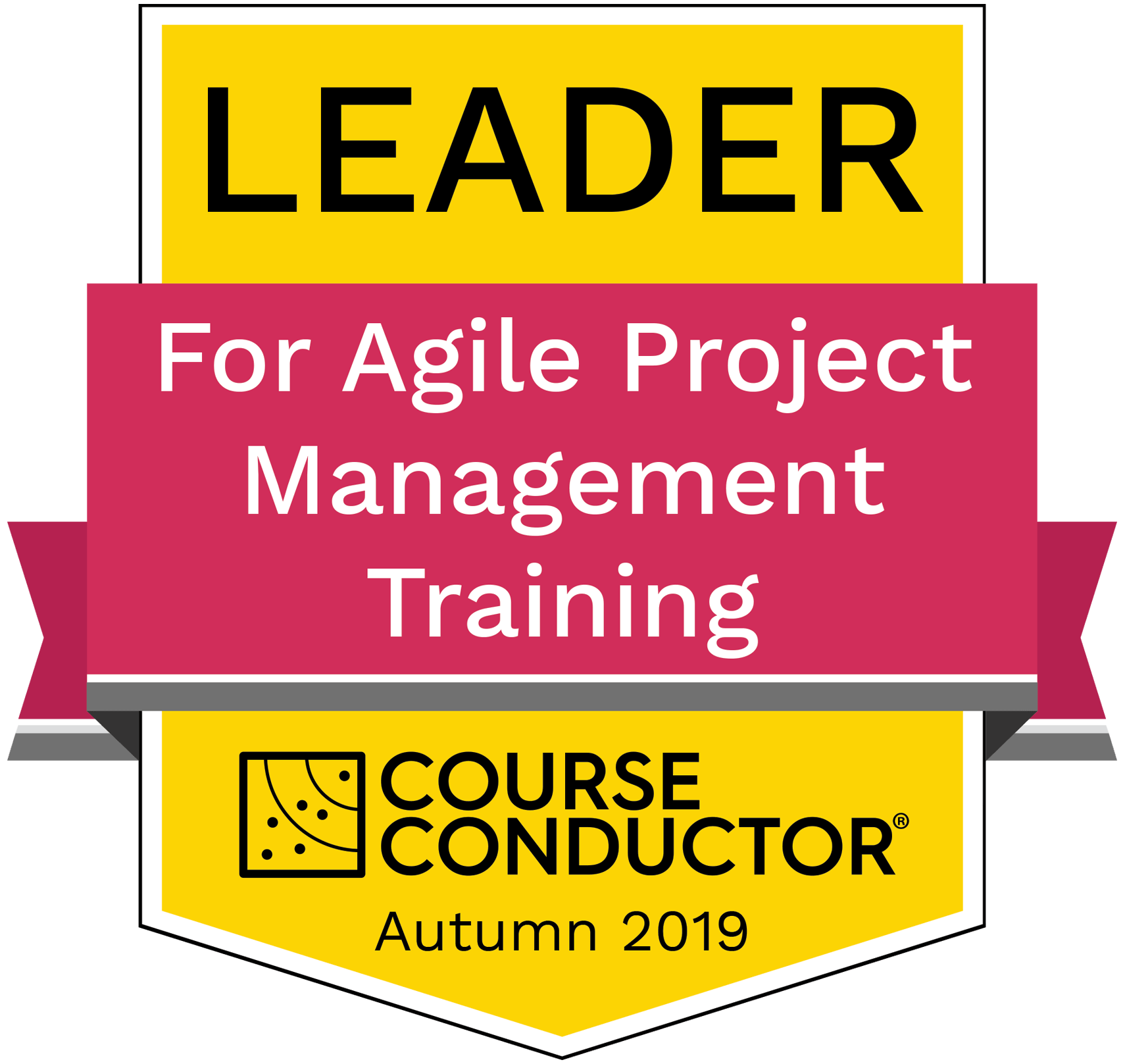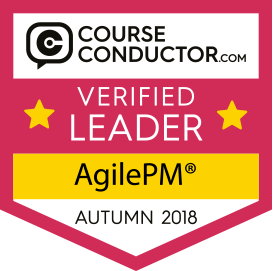
Introduction
However, you might be feeling a little apprehensive and wondering how best to answer the interviewer’s questions. Interviews can certainly be nerve-wracking, but we’re here to help. Read on for some top tips on conquering your first project management job interview!

Before the interview
The importance of preparing well for the interview cannot be stressed enough, and it is paramount that you can answer interview questions clearly and calmly.
Interviews are certainly the ideal opportunity to sell yourself and confidence is welcomed but going to an interview with only a smile is a big mistake.
Be prepared
You’ll need to be prepared for any question they throw at you, and waffling will portray you as somebody disorganized and perhaps nervous – two things a project manager shouldn’t be!
According to the Association of Project Management (APM) [1], you need to make sure you know:
- What your CV says on it.
- Dates of past jobs and why you left.
- Research the hiring organisation – this proves you are keen and well-prepared.
- The job description and why you are a good fit for the role.
Explain your experience
To get into your first project role, it is vital that you can explain your experience and discuss your transferable skills from past jobs.
As you are most likely lacking formal project management experience, note any projects you worked on in old jobs, any volunteering undertaken, work experience/internships, or even that time you organized a wedding.
Knowing your experience and career history will ensure you are confident in your abilities and prepared to answer questions regarding your achievements or why you would be good for the role.
Know the organization
Similarly, doing some background research about the company demonstrates how interested you are in working there.
Aside from looking at the company’s website and social media pages, The Guardian[2] also recommends researching the company’s competitors, industry information, news or recent events and financial information.
Finally, know what the company is looking for in a potential project manager and study the job description, making sure your experience, qualifications and attributes fit the role, and that you can demonstrate examples.
First impressions count
We’re always told not judge a book by its cover, but during job interviews, this rule tends to get broken. Any aspiring project manager must be a good communicator, capable of communicating with people on every level, and able to convey details about project goals/expectations, responsibility, performance and feedback[3]. With this in mind your communication skills during the interview must be sharp and professional, with no vagueness, rambling, slang/swearing or nervousness.
Be enthusiastic
Similarly, it is important to display enthusiasm. Show your enthusiasm with a positive outlook on the interview, smiling, being polite to the interviewer, and researching the company thoroughly to show how keen you are!
A good project manager also stays cool under pressure: ‘When leaders encounter a stressful event, they consider it interesting, they feel they can influence the outcome and they see it as an opportunity[5].’
Remain focused
Let the interviewer see you can handle tough situations by relaxing and being thoroughly prepared for whatever question they pose. Remain focused throughout the interview. You don’t want to misunderstand a question. Finally, here are some extra tips for making a good impression, as noted by Prospects[6]:
- Arrive on time or early.
- Take your application letter and CV with you.
- Interview clothes should be suits and business wear, with comfortable, polished shoes.
- Practice anything you’re concerned about before you go, such as the journey there or saying aloud your answers.
- Non-verbal communication can be more important than verbal communication. For example, don’t describe yourself as confident but then speak quietly and avoid eye contact, as this would show you are not actually confident.
- Listen carefully to the questions asked and answer clearly and concisely – no waffling!
Whether you are being interviewed by a panel, one-on-one, or even over Skype, you’re bound to feel a tiny bit anxious during your job interview.
Relaxed under pressure
It is perfectly natural to feel nervous in an interview, mainly because your job is such a huge part of your life, providing not only financial security, but also happiness, self-worth and independence.
However, this is a project management interview, and it will really help to keep cool and calm to show the interviewer you can handle the pressure.
Luckily, there are a number of relaxation techniques and tips you can use before and during your interview.
Relaxation techniques
According to Robin Kermode[7], a great technique to stop yourself talking too fast is to: ‘breathe in through your nose very slowly for a count of three. Then breathe out through your nose for a count of three. Repeat this three times. That should take you a total of 18 seconds. In that time you will have significantly lowered your heart rate and when you speak, you’ll find you won’t rush.’
If you’re very nervous and feeling shaky, you can stop yourself shaking by … ahem … clenching your buttocks.
Ask questions
Another way to feel more confident is to remember that the interview isn’t an interrogation, and it is also a chance to interview the company: ‘Remembering that this is a back and forth discussion, where you can — and should — ask questions as well as answer them, can help you feel more comfortable[9].’
Be honest
Also, remember that the interviewer is only human: ‘Don’t assign superhero status to the interviewer. Speak to them the way you would talk to one of your friend’s parents; be respectful, polite, concise, and natural. Accept that they’re in control (at least partially) and all you can do is represent yourself as honestly as possible[10].’
Don’t forget why you were invited
Finally, it is worth keeping in mind that you were chosen for interview because of your exceptional abilities, skills, experience, attributes and capabilities, not because the interviewer wants to make fun of you.
Project management interview questions
Job interviews may have different types of questions depending on the industry, company or sector, and for a project management position, you can be sure that some very specific questions will be asked.
A project management job interview will be looking at three main things:
- You and your character.
- Your project management knowledge and experience.
- Your relevant industry knowledge and the application of your PM skills/experience to industry issues[11].
About you
If we take the first point about ‘you and your character’ it is quite clear that some questions will be asked to find out all about you, such as: What are your hobbies? Why does the job appeal to you?
According to Arras People[12], some project management-specific questions about your character include:
- What mechanisms do you employ to enable you to cope with a heavy workload?
- How do you manage the situation when your plan of work is upset by unforeseen circumstances?
- How have you identified and resolved conflicts in your teams?
- The role demands that the Project Manager has exceptional leadership skills and a good deal of assertiveness – how would convey this about yourself?
- What would others in your team right now or previous role really say about you? What kind of feedback do you receive on your people management skills?
These types of questions are an excellent way for the interviewer to see your soft skills in action, and to see if you’ll make a good fit for the organisation.
Note that these questions are not necessarily about your past project experience, so it certainly helps to look at those transferable skills from previous jobs again.
It might help to ask yourself these questions whilst you are preparing your CV and covering letter too.
Your knowledge and experience
The second type of question you’ll get asked will concern your knowledge and experience in the project management field.
Arras People[13] have some great tips regarding these types of question, and how to answer them:
- Q/ What was your actual role in your last project? A question aimed at those relatively new to project management – trying to understand your level of authority. For example, in your last role you might have been supporting the project as an administrator, software developer, architect, graphic designer, accountant, builder or engineer. If it was an informal project outside the workplace, perhaps you even managed the whole thing.
- Q/ Describe how you have undertaken the practical application of a project methodology for a programme or project? Use a specific or generic example of areas of a methodology. Now that you have achieved PRINCE2 certification, think about how you could have used this on a past project. You may have already used it without being aware at the time.
- Q/ What has been the most significant project you have worked on? Think about what is important for the organisation – is it complexity, budget size, number of people involved or the subject matter of the project? This is a great opportunity to talk about your project experience. How many people were involved in that marketing project? What was the budget of that wedding? How difficult was it to create that website? Choose a project that you’re really proud of.
- Q/ How would your project management experience benefit our business? An answer that relies heavily on the research you can do on the company. You’ll need to know the company values, industry in which they operate, and what they are looking for in an employee.
It may be worth reading your PRINCE2 manual before the interview, to brush up on certain parts of project management methodology, and you might answer these questions more effectively if you know how your personal skills have made past projects successful.
With these types of question, it also goes without saying that knowing what experience and skills/qualifications you have on your CV is of paramount importance.
About the industry
The third type of question you might get asked concerns the industry you are being interviewed for, so perhaps you might be applying to be a project manager in the construction industry or the IT industry.
These questions will be assessing your knowledge of the specific industry and will: ‘look back at the first two sections and relate them to your specific industry and/or the specific project that you would be managing. A good tip would be to ensure that you have done some thorough research in to the company that you are interviewing with as this will enable you to tailor your answers[14].’ Here are two examples of this type of question and how to answer them, as noted by InfoSec[15]:
- What skills do you have in the industry? A: This question is important since you need to know some general information about projects. For instance, you probably need some kind of software engineering skills to be a software project manager. Tell the interviewer why you can manage a project within his specific industry.
- What type of technical skills do you have? A: If you work in software project management, you should list your technical skills and any programming or operations management you’ve done before you were a Project Manager.
- Again, with this type of question it is important to know your strengths, know what you have on your CV, and be able to give examples from any past project work.
More generic project management jobs might not have such questions, but nevertheless, it pays to know whether you are walking into a private or publicly owned organisation, whether it is a charity or big corporation, and to know precisely what they want from their potential employees.
Believe in yourself
Anyone can waffle or make things up, but it takes someone with dedication and determination to research the job spec, write up a good CV, research the company thoroughly, and ultimately, make a great first impression.
Preparation really is key, and this quote by Arthur Ashe perfectly sums up how to get through your job interview.
With this is mind, what are you waiting for? Start researching and preparing, put on your best smile, dust off your best shoes and get that job!
References
[1] APM (author & date unknown) ‘Tips for a successful interview’. Accessed 5th May 2015. Available: https://www.apm.org.uk/tips-for-a-successful-interview
[2] The Guardian (Katherine Vickery: 23 Mar 2015) ‘Where do you start when researching for a job interview?’. Accessed 6th May 2015. Available: http://jobs.theguardian.com/article/where-do-you-start-when-researching-for-an-interview-/
[3] ProjectSmart (Timothy R. Barry: date unknown) ‘Top 10 Qualities of a Project Manager’. Accessed 6th May 2015. Available: http://www.projectsmart.co.uk/top-10-qualities-project-manager.php
[4] ProjectSmart (Timothy R. Barry: date unknown) ‘Top 10 Qualities of a Project Manager’. Accessed 6th May 2015. Available: http://www.projectsmart.co.uk/top-10-qualities-project-manager.php
[5] ProjectSmart (Timothy R. Barry: date unknown) ‘Top 10 Qualities of a Project Manager’. Accessed 6th May 2015. Available: http://www.projectsmart.co.uk/top-10-qualities-project-manager.php
[6] Prospects (Editor, Graduate Prospects: June 2013) ‘Interview tips – How to prepare for an interview’. Accessed 6th May 2015. Available: http://www.prospects.ac.uk/interview_tips_how_to_prepare_for_an_interview.htm
[7] The Guardian (Robin Kermode: 27 May 2014) ‘Cheeky tips: 10 weird ways to beat interview nerves’. Accessed: 17th June 2015. Available: http://www.theguardian.com/careers/careers-blog/10-quirky-tips-beating-interview-nerves-job
[8] The Guardian (Robin Kermode: 27 May 2014) ‘Cheeky tips: 10 weird ways to beat interview nerves’. Accessed: 17th June 2015. Available: http://www.theguardian.com/careers/careers-blog/10-quirky-tips-beating-interview-nerves-job
[9] CBS News (Amy Levin-Epstein: 26 March 2013) ‘5 ways to look relaxed during a job interview.’ Accessed: 17th June 2015. Available: http://www.cbsnews.com/news/5-ways-to-look-relaxed-during-a-job-interview/
[10] US News (Andrew G. Rosen: March 22 2011) ‘How to Stay Relaxed During a Job Interview’. Accessed: 17th June 2015. Available: http://money.usnews.com/money/blogs/outside-voices-careers/2011/03/22/how-to-stay-relaxed-during-a-job-interview
[11] Technojobs (Helen Bayram: date unknown) ‘Project Manager Interview Questions.’ Accessed: 17th June 2015. Available: http://www.technojobs.co.uk/info/candidate-guides/project-manager-interview-questions.phtml
[12] Arras People (unknown) ‘Preparing for your Project Manager Interview.’ Accessed: 17th June 2015. Available: http://www.arraspeople.co.uk/project-management-careers-advice/project-manager-job-interview-questions/
[13] Arras People (unknown) ‘Preparing for your Project Manager Interview.’ Accessed: 17th June 2015. Available: http://www.arraspeople.co.uk/project-management-careers-advice/project-manager-job-interview-questions/
[14] Technojobs (Helen Bayram: date unknown) ‘Project Manager Interview Questions.’ Accessed: 17th June 2015. Available: http://www.technojobs.co.uk/info/candidate-guides/project-manager-interview-questions.phtml
[15] InfoSec Institute (author unknown: 1 January 2015) ‘Project Management Interview Questions.’ Accessed: 17th June 2015. Available: http://resources.infosecinstitute.com/project-management-interview-questions/
[16] Arthur Ashe. (unknown). Arthur Ashe Quotes. Available: https://www.brainyquote.com/quotes/arthur_ashe_109755. Last accessed: 27 Nov 2018.







